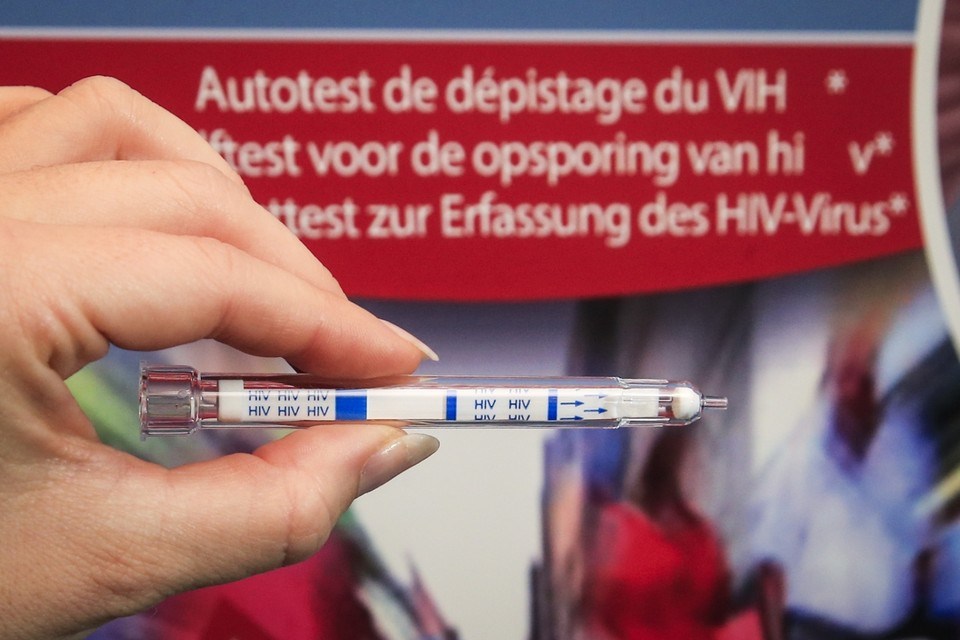An HIV variant that is more contagious and can lead to AIDS more quickly than other variants of the virus has been discovered in the Netherlands and Belgium, British research shows.
The HIV variant has been circulating in the Netherlands for several decades and came to light during further research on previously collected data from Dutch patients with HIV.
The amount of virus in the blood of the people carrying the variant is 3.5 to 5.5 times higher, researchers from Oxford University report in the scientific journal Science. They found 15 people with the new variant in the Netherlands, one in Belgium and another in Switzerland.
More than 100 people in whom the virus was previously detected were found to be carrying this "new" variant. Based on changes in genetic patterns, the more infectious version of the virus likely first appeared in the late 1980s, the scientists said.
Early discovery crucial
The newly discovered variant can attack the immune system at a higher rate, and a timely diagnosis and the earliest possible start of treatment are therefore crucial, the researchers wrote. Once discovered, the variant appears to be just as controllable with HIV medication as other variants.
The virus is transmitted sexually and through the blood. Over time, HIV breaks down the immune system. In wealthy countries, however, good medication is now available that suppresses the virus.
In poorer countries, the chance of survival is much lower, and about 33 million people worldwide have already died as a result of an HIV infection. Additionally, an estimated 38 million people live with the virus today, according to data from the United Nations.

